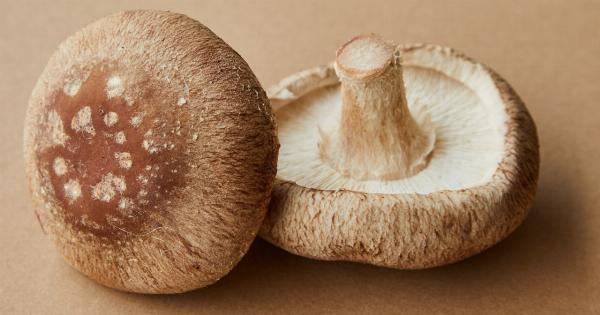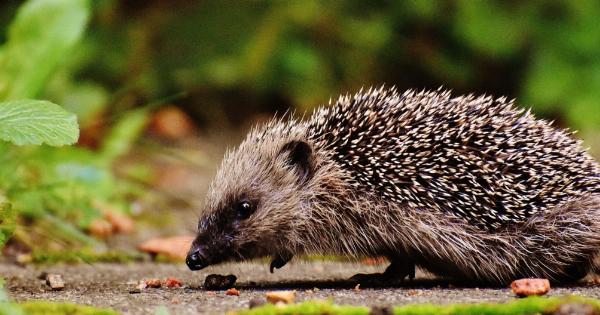When you think of protein-rich foods, plants are probably not the first thing that comes to mind. However, there are many lesser-known plants that are packed with protein and should definitely be part of your diet.
Not only are these plants nutritious, but they are also environmentally friendly as they require fewer resources to grow and produce compared to traditional protein sources like meat.
1. Hemp Seeds
Hemp seeds have been gaining popularity as a superfood in recent years. They are packed with protein, containing about 10 grams of protein per 3 tablespoons.
They are also rich in essential fatty acids, fiber, and minerals such as magnesium, zinc, and iron. Hemp seeds have a nutty flavor and can be added to smoothies, oatmeal, or salads.
2. Spirulina
Spirulina is a type of blue-green algae that is often sold as a dietary supplement. It is also one of the few plant sources of complete protein, containing all nine essential amino acids.
In addition to protein, spirulina is also packed with vitamins and minerals such as B vitamins, iron, and calcium. It has a strong, earthy taste and can be added to smoothies or taken in capsule form.
3. Pumpkin Seeds
Pumpkin seeds, also known as pepitas, are a great source of plant-based protein. They contain about 8 grams of protein per 1/4 cup and are also rich in healthy fats, minerals such as magnesium and zinc, and antioxidants.
Pumpkin seeds have a slightly sweet and nutty flavor and can be enjoyed as a snack, added to salads, or used as a topping for oatmeal or yogurt.
4. Amaranth
Amaranth is a gluten-free grain that has been cultivated for thousands of years in Central and South America. It is a great source of protein, containing about 9 grams of protein per cup of cooked amaranth.
Amaranth is also rich in fiber, iron, calcium, and other minerals. It has a slightly nutty flavor and can be used in place of rice or quinoa in dishes such as salads, soups, or stir-fries.
5. Seitan
Seitan, also known as wheat meat or wheat gluten, is a vegan protein source made from wheat gluten. It has a meaty texture and can be used as a substitute for animal protein in dishes such as stir-fries, stews, or sandwiches.
Seitan is very high in protein, containing about 25 grams of protein per 3.5 ounces. It is also low in fat and contains some iron and calcium.
Conclusion
While there are many traditional protein sources like meat and eggs, it’s important to include plant-based protein sources in your diet as well. Not only are they nutritious, but they are also environmentally friendly.
These 5 lesser-known plants packed with protein are a great addition to your diet and will provide you with the energy and nutrients you need to stay healthy and strong.




























